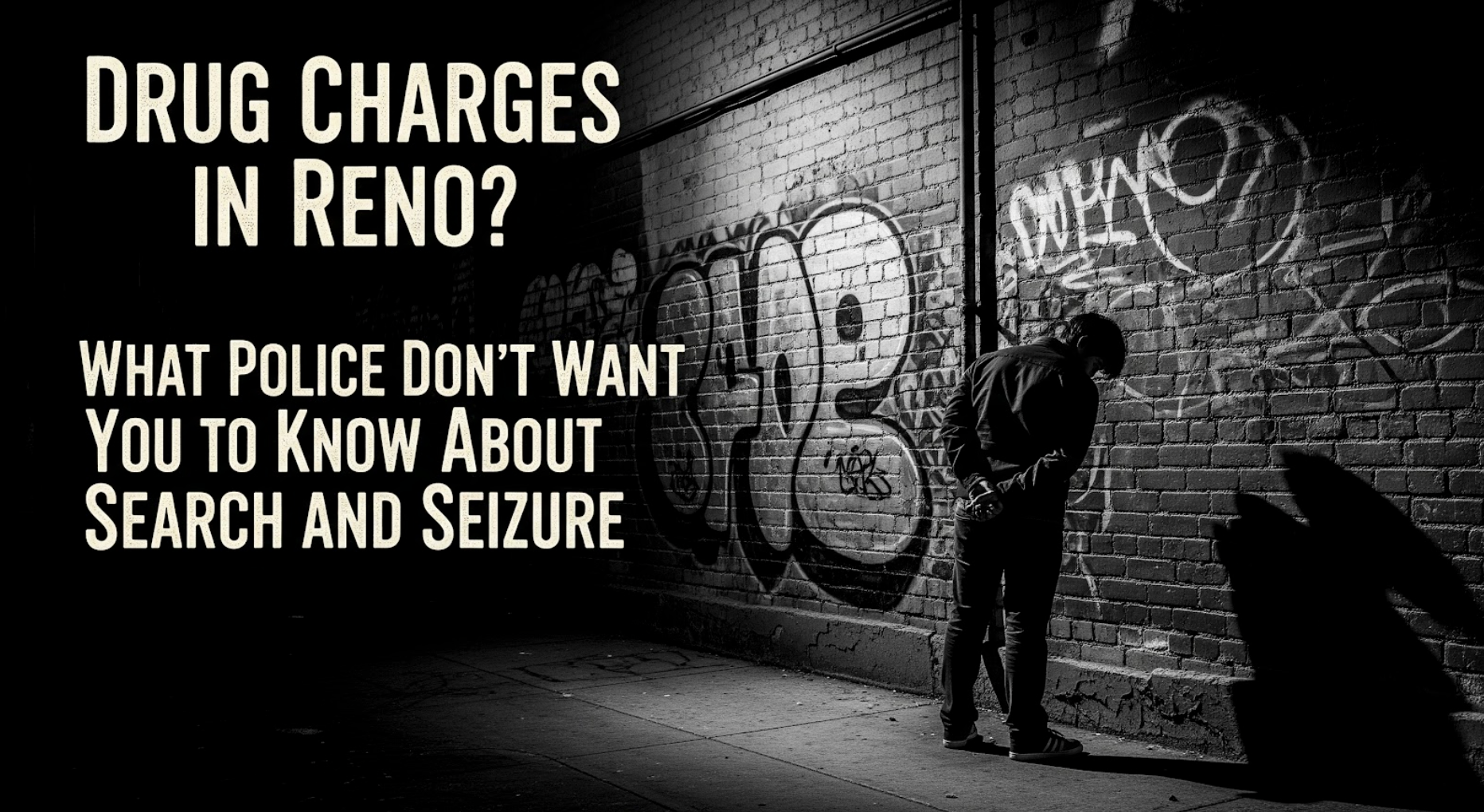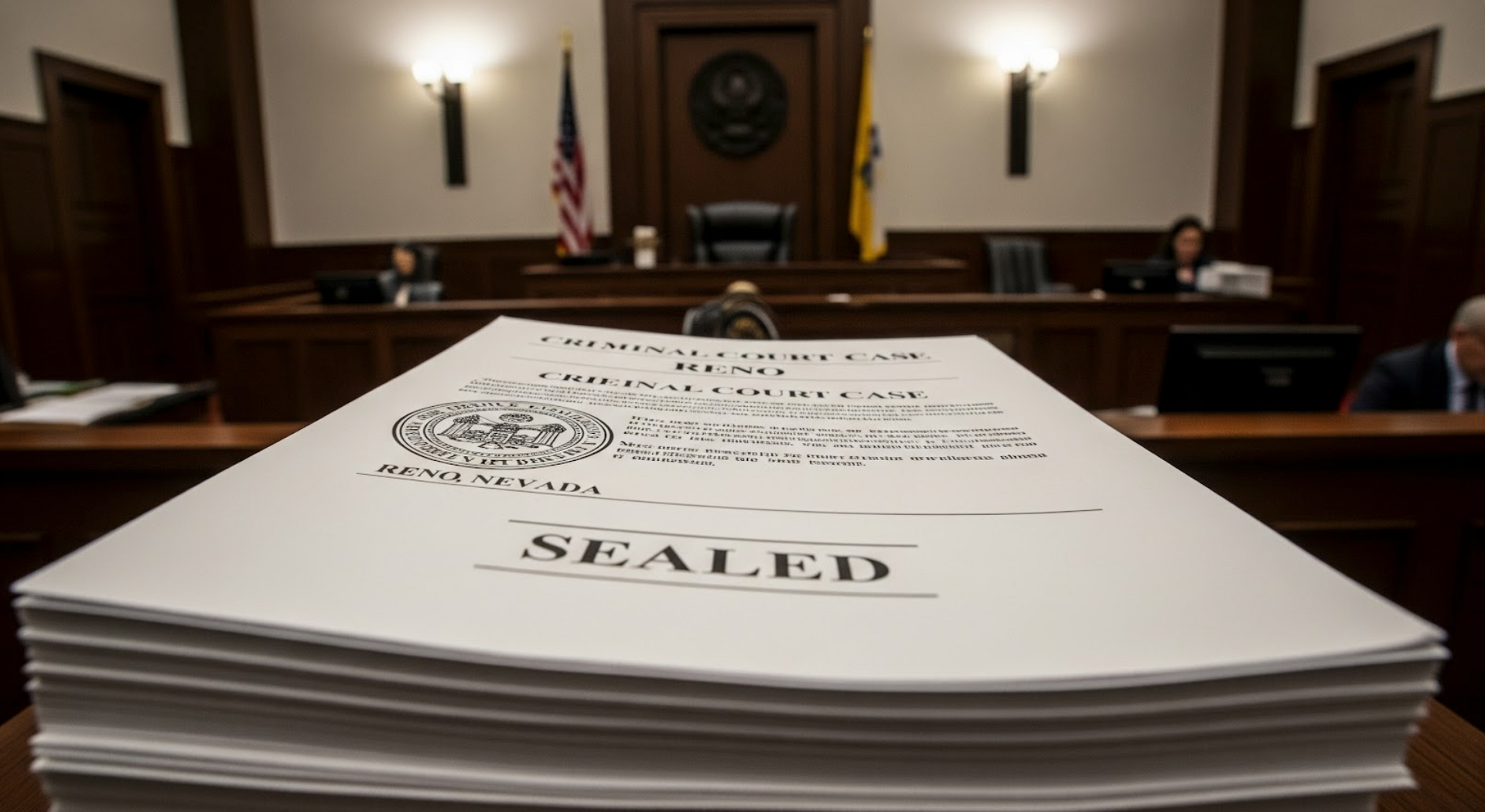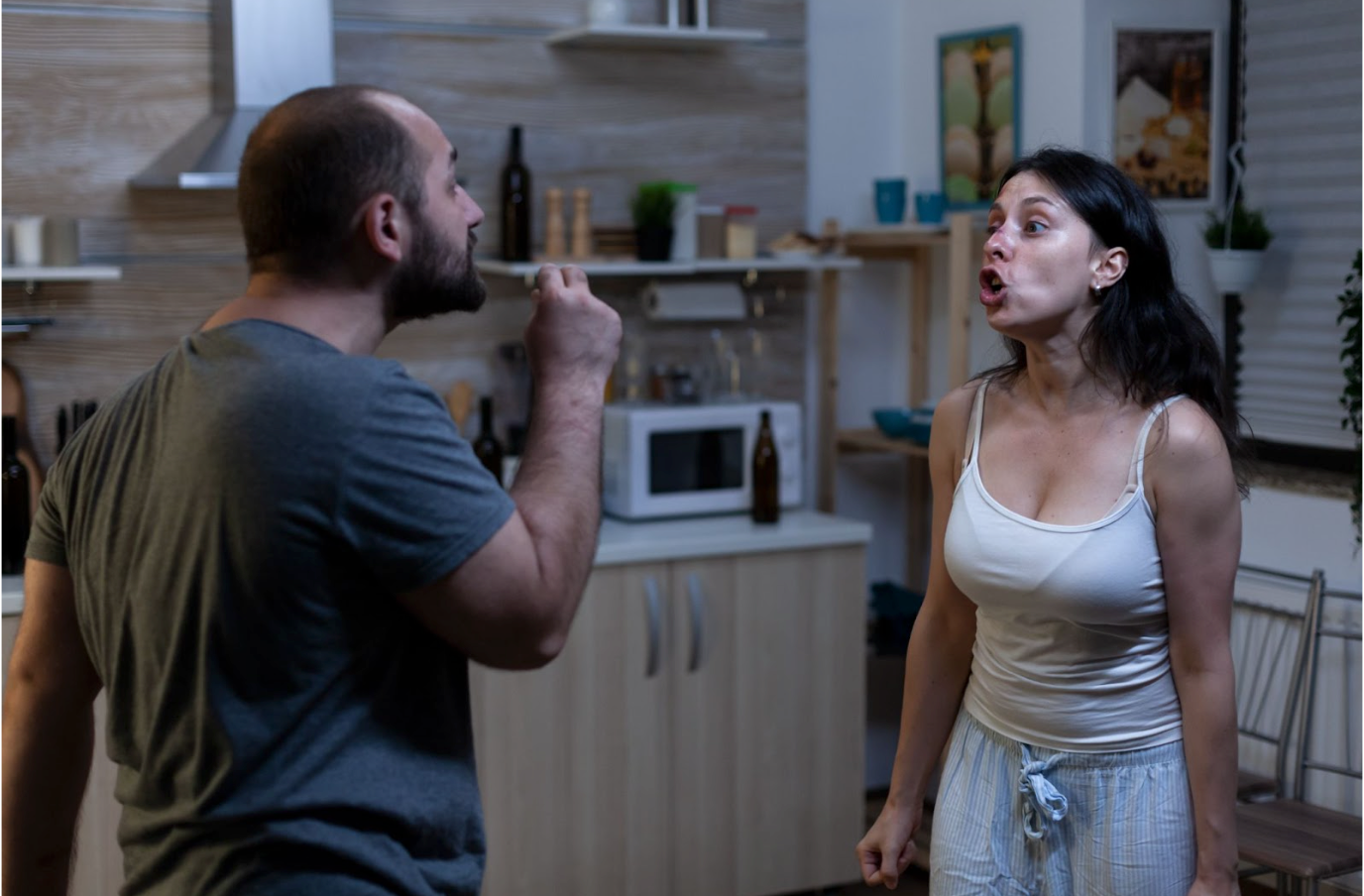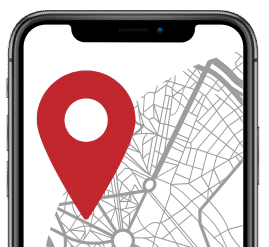How to Recognize a Toxic Relationship Before It Turns to Domestic Violence

It’s Not Always Easy to Recognize a Toxic Relationship, Especially If You’re In It
The quicker you recognize a toxic relationship, the better off you will be emotionally and physically. The abuser in a toxic relationship can be difficult to identify in the beginning. They can seem like the perfect partner, but when things don’t pan out the way they anticipate the relationship can become dark. The abusers in toxic relationships often start by using emotional, verbal, and financial threats, manipulation, and abuse. If these kinds of control don’t work, things can very quickly escalate to domestic violence.
Recognizing a toxic relationship is the first step to help someone, or yourself, out of one. Looking past the affection you have for someone and seeing the real them can be challenging but taking the time to recognize this can keep both of you out of jail and out of the hospital. Passive-aggressive behavior turns to verbal arguments that escalate to domestic violence fast. Know the warning signs so you can avoid domestic violence.
5 Ways to Recognize a Toxic Relationship
1. Severe Ups and Downs
One of the biggest indicators that someone might be in a toxic relationship is volatility in their interactions with their partner. If a couple has extremely intense emotional highs and lows and these tend to repeat, most likely the relationship is toxic. Usually, one or both people in the relationship are continuously trying to predict the other’s mood. This unpredictability exhausts a person, elevates stress, and can quickly escalate to domestic violence.
2. Emotional/Psychologic Abuse
In a toxic relationship, one partner will often put the other one down. This can come out in the form of belittling, criticizing, manipulating, or even yelling. Emotional and psychological bullies also like to make jokes that aren’t really jokes. These jokes and comments are used to make the other person feel stupid, inferior, or look as if they are overreacting to a situation. It’s important to keep in mind that healthy comments and jokes make you feel included, while toxic ones will make you feel small and powerless.
3. Passive Aggressive Behavior
When you engage with your partner and they only answer you with one-word answers or they don’t answer you at all, that is a form of passive-aggressive behavior. Passive-aggressive behavior is a very difficult issue to get around because the main resistance is silence. If you and your partner don’t talk, then you’ll never be able to identify the issue that is coming between the two of you. As a result, the relationship can spiral into toxicity and domestic violence very quickly.
4. Regular Unexpected Check-Ins
One of the quickest ways to recognize a toxic relationship is constant unexpected check-ins and phone calls. This occurs when a partner is stopping by the other’s workplace daily, or if they are making multiple phone calls a day to see where the other is, who they are with, and what they are doing. If you allow this kind of behavior to go unchecked, then you may find yourself being told what to wear, who you can go out with, and where you can go. This expectation can become volatile very quickly if you don’t do what is expected, even for innocent reasons. You may find yourself asking for permission to go out with your friends or to see family. This is not a position anyone should be in and domestic violence becomes a real possibility.
5. Becoming Isolated
If you have given into your partner’s demands and constantly find yourself walking on eggshells, then you need to talk to someone you trust. Friends and family will recognize that you are in a toxic relationship long before you will. Maybe your partner has discouraged you from seeing or communicating with them. The real red flag is when you are not reaching out to see your friends and family. When you allow yourself to accept the situation as it is, including passive aggression, psychological abuse, and regular check-ins, then you have almost certainly put yourself at risk of a domestic violence incident.
Accused of Domestic Violence ? Jesse Kalter Can Help
Being accused of domestic violence, whether you are guilty or not, is a difficult situation for anyone. These incidents usually end up being “he said/she said” events and the police can’t really be sure of anything. They may have arrested you when it was your partner who had been the aggressor. Jesse Kalter has the experience and knowledge to make sure you get the best possible outcome for your case. His constant pursuit of justice has earned his clients countless not-guilty verdicts and he has gotten countless other cases thrown out without there ever being a trial. He is available to serve the people of Reno , Sparks , Carson City, Fallon, Fernley, Dayton, Yerington, Douglas County, and all other Northern NV rural counties.
End a Toxic Relationship and Contact A Domestic Violence Attorney When You Need Him
Contact Jesse Kalter Law
Today for a Confidential Case Evaluation and Consultation
CLICK HERE
to Contact Online or Call 775-331-3888
WHAT’S YOUR FREEDOM WORTH?®
The post How to Recognize a Toxic Relationship Before It Turns to Domestic Violence appeared first on Jesse Kalter Law.






